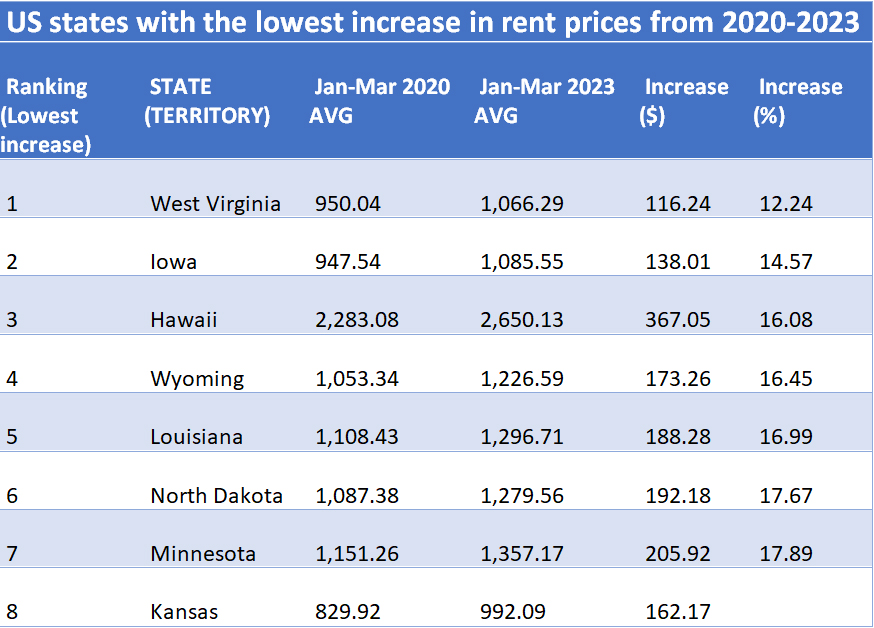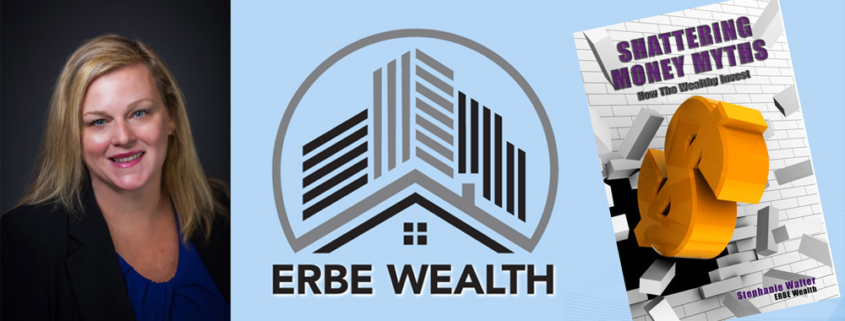7 Best Ways for Real Estate Investors to Work with a Real Estate Agent
By Hugh Zaretsky
Real estate agents and brokers can play a crucial role in the success of your real estate investment business. Their knowledge, experience, and network can provide valuable insights and opportunities. As a seasoned real estate investor with over 17 years of experience, I have collaborated with numerous top real estate professionals to find good tenants and buyers for my properties using both traditional and creative financing strategies. As a former real estate continuing education instructor in California, Florida, New York, and Texas, I understand that some agents and brokers love working with investors, and some do NOT understand the investor mindset. That is why it is important to find the RIGHT real estate professionals to work with.
ADVERTISEMENT
My combination of practical experience and educational background allows me to appreciate the importance of a strong partnership between real estate investors and agents. The key is establishing an effective partnership requires clear communication and mutual understanding. In this article, I will share seven essential strategies for real estate investors to effectively collaborate with agents, backed by my personal and professional experience and insights.
- Define Your Investment Goals: Before engaging with a real estate agent, it’s important to define your investment goals. Are you looking for rental properties, fix-and-flip opportunities, or long-term investments? Communicate your objectives clearly to the agent, so they can align their efforts with your specific needs.
- Choose an Agent Specializing in Investment Properties: Real estate agents have diverse areas of expertise. When working with an agent as a real estate investor, seek someone who specializes in investment properties. These agents are more likely to have extensive knowledge of the local market, rental rates, property management, and can help identify potential investment opportunities.
- Build a Strong Relationship: Developing a strong relationship with your real estate agent is vital. Take the time to meet in person, have regular phone conversations, or use video conferencing to discuss your investment plans and objectives. By fostering a solid relationship, you will establish trust and ensure that your agent understands your preferences and criteria.
- Leverage their Local Market Knowledge: One of the primary advantages of working with a real estate agent is their in-depth knowledge of the local market. Capitalize on this expertise by relying on your agent’s insights into neighborhood trends, property values, and investment potential. Their market knowledge can help you make informed decisions and identify lucrative opportunities.
- Tap into their Network: Experienced real estate agents possess a wide network of professionals, including lenders, contractors, property inspectors, and property managers. Leverage their connections to gain access to reliable resources. These referrals can save you time and effort, providing you with a team of experts who can help streamline your investment process.
- Collaborate on Property Analysis: Working closely with your real estate agent, analyze potential investment properties together. Share your investment criteria, such as desired cash flow, return on investment, and risk tolerance. Utilize their expertise to evaluate the property’s value, marketability, and potential challenges. A collaborative approach ensures you make well-informed investment decisions.
- Stay Informed and Communicate Regularly: Maintain open lines of communication with your real estate agent. Regularly update them on any changes to your investment strategy, budget, or preferred property types. Similarly, stay informed about the local market conditions, property listings, and relevant regulations. This constant flow of information between you and your agent will help ensure you both stay on top of market opportunities.
BONUS – Expand Your Network: After 17 years of being an investor, I recently became an agent and joined one of the fastest growing real estate brokerages in the country. I have built a nationwide team of real estate agents and brokers that understand how to work with real estate investors, because, most of us are both agents or brokers and investors.
Are you a real estate professional and want to learn how to build a stronger working relationship with investors or become an investor yourself? If so, then reach out and I can show you how. (www.hughzaretsky.com or [email protected])
Are you a real estate agent and want to find good agents and brokers that understand real estate investors? If so, then reach out and I will connect you with one of my local team members. (www.hughzaretsky.com or [email protected])
ADVERTISEMENT
Based on my experience working with the RIGHT real estate agent or broker can be immensely beneficial for your real estate investing business. By clearly defining your investment goals, choosing the right agent, fostering a strong relationship, leveraging their local market knowledge, tapping into their network, collaborating on property analysis, and maintaining open communication, you can establish a successful partnership. Remember, a well-aligned collaboration between real estate investors and agents can unlock exciting investment opportunities and enhance your overall investment strategy.
By Hugh Zaretsky
Real Estate Investor, Agent, Speaker, Training and Amazon Best Selling Author in 4 Categories
PH: 941-216-0225
Learn live and in real-time with Realty411. Be sure to register for our next virtual and in-person events. For all the details, please visit Realty411Expo.com or our Eventbrite landing page, CLICK HERE.














































